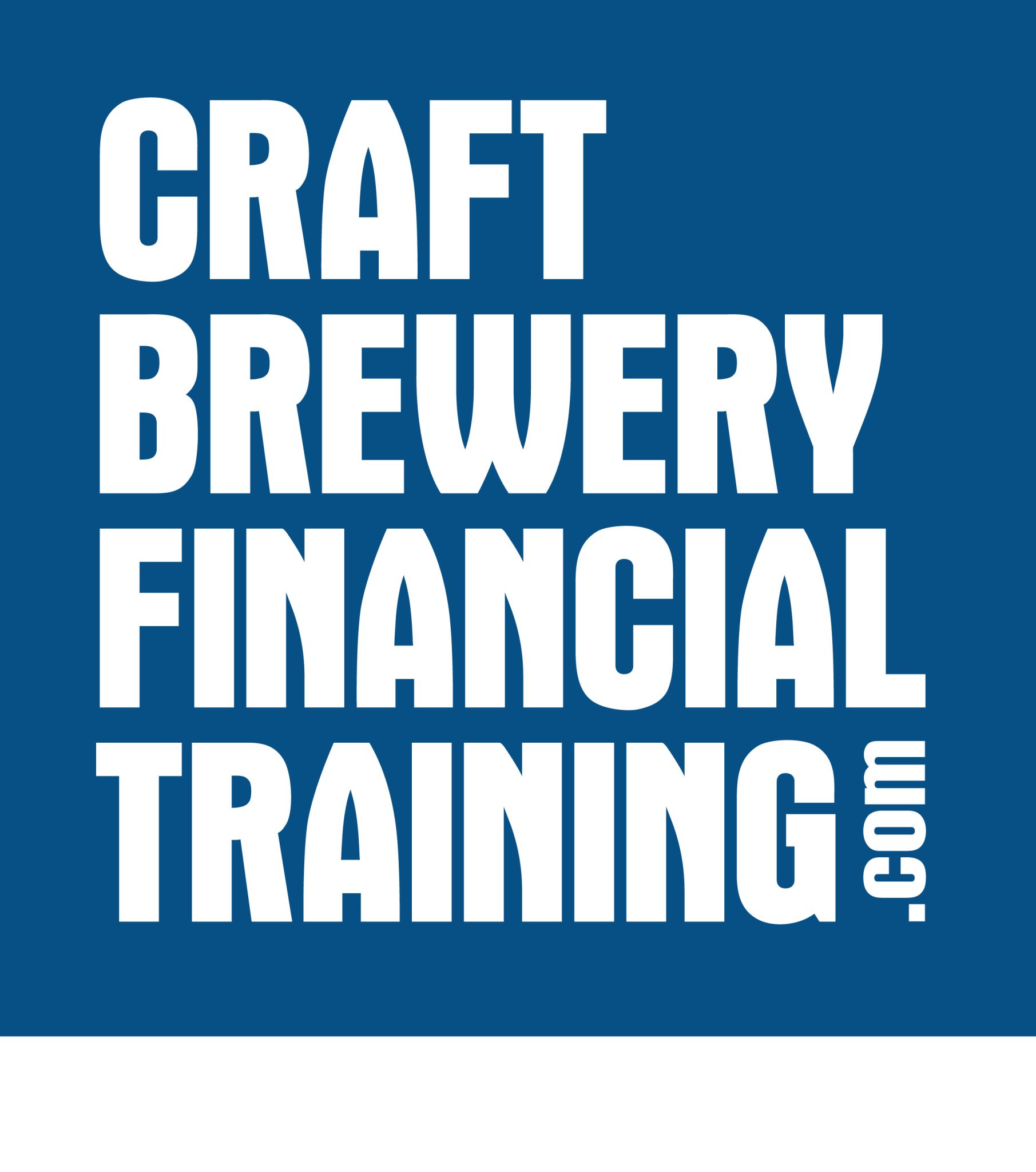
The finances of your craft brewery can be confusing, no question about it. There are debits, credits, accruals and all sorts of weird accounting language that makes it hard to understand the numbers.
Regardless of the difficulty, you must learn to read and understand the brewery financial statements so that you can know what is going on in the business.
Here’s the secret: learning to read and understand the brewery financial statements is not that hard. You just need a guide, a few pointers and you’ll be on your way to a solid understanding of your brewery finances. I’ll be your guide along the way.
In this article, we’ll get back to basics, and simplify craft brewery finances. The goal is to help you understand how your brewery finances work so that you can gain control, understand the results of the business and improve financial performance.
Craft Brewery Financial Trainings: Back to Basics
- General ledger accounts. A quick introduction: What they are, and why you need them.
- Basic Financial Reporting. How the general ledger gets organized.
- Create a Book of simple financial reports to track your brewery results.
General ledger accounts
The general ledger accounts are a detailed listing of all the things you want to track and measure in your business.The purpose of the general ledger accounts are to provide organization and structure for your financial reporting.
In your brewery, you need to track assets, liabilities, revenues and expenses. For example, the general ledger will display the assets like this:
- Cash
- Accounts Receivable
- Inventory
Each of the items above is a general ledger account that lives under the Assets category on your financial statements.
To keep things organized, the accounting system puts a number in front of the general ledger account name. This makes it easier to group and sort the general ledger accounts. But the real reason for this is that the bean counters just really like numbers.
With the numbers in place, the general ledger accounts start to look like this:
- 1000-00 Cash
- 1200-00 Accounts Receivable (A/R)
- 1300-00 Inventory
The full listing of general ledger accounts is called a chart of accounts. It’s not necessary to learn this terminology, but it does help to have a working knowledge so that you can communicate with the numbers people. They have a language all their own.
General ledger numbers have structure and meaning. For example, above I used the number 1200-00 for accounts receivable. The 1200 may represent the base account (the accounts receivable), and the 00 may represent the department or business entity related to the A/R.
The account 1200-00 may be used for your self-distribution receivables to track amounts due from retail accounts. While the account 1200-01 may be used for receivables from your outside distribution partners.
Don’t get lost on this part. It’s not important to grasp all this right away, but it is useful to understand that the general ledger accounts can be as simple or as complex as you want them to be. It all depends on what level of detail you want to track in your business.
To see a full set of general ledger accounts for a self-distribution brewery, take a look at this Sample General Ledger template.
Action Items
Review the general ledger and chart of accounts in your brewery. This is the detailed listing of all the items that your accounting system is set up to track. Read through the information and get a feel for what is in there, and what might be missing.
Ask a few questions to better understand your general ledger accounts:
- What is the account structure? Does it look like the 1000-00 noted above, or is it something different?
- Why is it set up the way it is? If you don’t understand, find someone who does.
- Is there important information that isn’t being captured by your general ledger accounts? For example, you may want to see the expenses for Events or Promotional Merchandise in their own categories. Do you have an Events or Promo Merch general ledger account? If not, that information is not being separately categorized and reporting on this information is more difficult.
The general ledger accounts should be a listing of everything you want to track in your business. If a category of assets, liabilities, revenues or expenses is important to report on, it should have its own general ledger account.
Spend some time with your general ledger accounts. It won’t take long before you start to feel comfortable and gain confidence with how these things work. Then you’ll be ready to take the next step in the Craft Brewery Financial Training journey: financial reporting.
In the next article we will dig into Basic Financial Reporting and how the general ledger gets organized. Embrace the confusion as a starting point for discovery. Your brewery finances will thank you.




Comments are closed